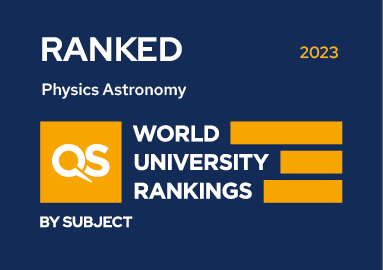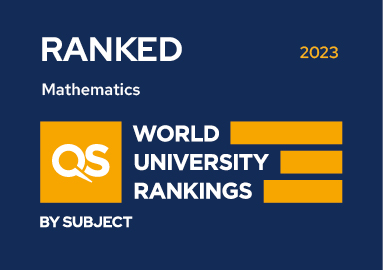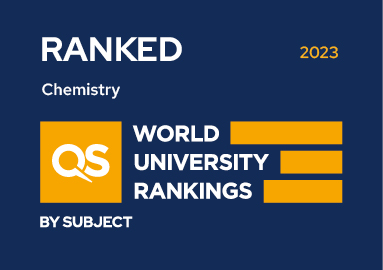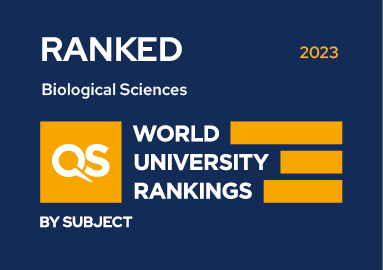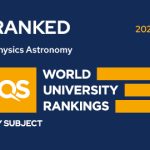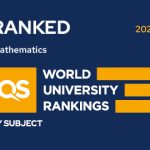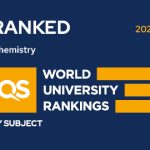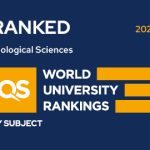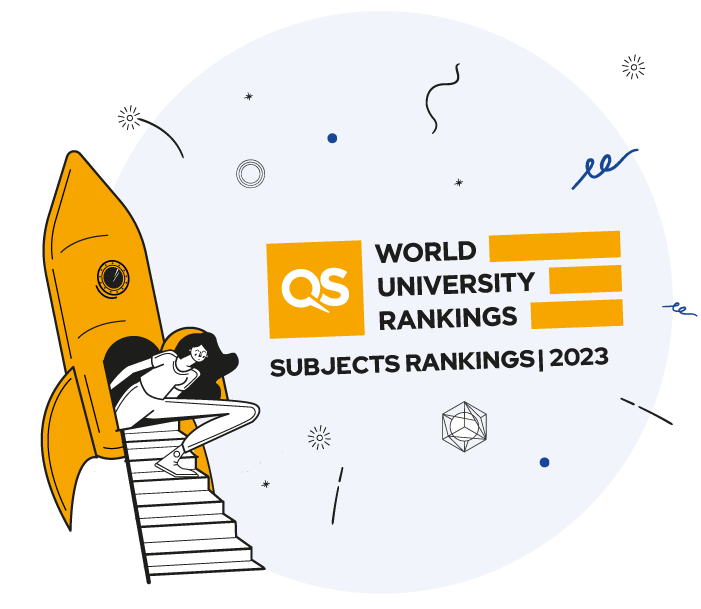
UWr advancement in QS WUR by Subject 2023
The University of Wrocław placed among 401-450 best higher education facilities in the world in Natural Sciences in QS World University Rankings by Subject 2023 published on March 22, 2023. We have advanced in comparison to last year when we placed among 451-500. We have also positioned on the 451-500 place in Arts & Humanities which, owing to not being classified in such a category, last year is another success. Such high-ranking positions speak for the versatility of our university, the good quality of our research, and high-level didactics.
QS Rankings are the leading rankings in the world started in 2004 by QS Quacquarelli Symonds – a global leader in providing analytic services for the international higher education sector. These rankings are one of the most popular data sources comparing the achievements of higher education facilities.
QS compares higher education facilities in 5 broad academic fields (Arts & Humanities, Engineering & Technology, Life Sciences & Medicine, Natural Sciences, and Social Sciences & Management) and 54 narrower disciplines every year. 1 594 institutions from 161 countries placed on this year’s ranking.
In the newest ranking, the University of Wrocław placed 401-450 in Natural Sciences whereas last year it was 451-500. We are fifth in Poland and third among the classic universities. University of Warsaw, Jagiellonian University, Warsaw University of Technology, and AGH University of Science and technology are placed ahead of us. Our score is a great achievement due to the big competition on the technical schools’ side.
Natural Sciences in the QS ranking are disciplines like Mathematics, Chemistry, Geography, Geology, Geophysics, Physics, Astronomy, Earth & Marine Sciences, and Environmental Sciences.
The University of Wrocław advanced to 401-450 place in Physics and Astronomy (last year it was 451-500) which positions us in fourth place in Poland (ex aequo with AGH) and third among universities.
Mathematics at UWr placed on the 451-500 place (sixth in Poland, third among the classic universities). Chemistry, on the other hand, on the 501-500 (sixth in Poland, third ex aequo with Adam Mickiewicz University in Poznań).
Furthermore, the University of Wrocław is positioned at 601-650 place in Biological Sciences (Life Sciences & Medicine). We are in fifth place among Polish higher education facilities.
Arts & Humanities are another broad discipline in which our university is classified among the 451-500 best higher education facilities in the world (fourth place in Poland). Due to not making it into the list of two previous years, this advancement is another great success. Art & Humanities include Archeology, Architecture, Arts & Design, History, Classics & Ancient History, Modern Languages, Linguistics, English Studies, English Literature, History of Art, Philosophy, Theology, and Religion Studies.
QS by Subject ranking methodology is based on a few key factors from which Academic Reputation plays the most paramount role. Depending on the discipline the indicator varies from 40% (Engineering & Technology, Life Sciences & Medicine, Natural Sciences) to 60% (Arts & Humanities). In the case of narrower disciplines, the indicator can go up to even 70%. Through ranking questionnaires sent to more than 150 000 scientists around the world, QS is able to possess data on research and education quality in particular higher education facilities.
Another important factor, also possessed from the questionnaires, is the Employer Reputation of higher education facilities and their graduates (this year QS asked 99 000 employers about their opinion). The indicator varies from 10% (Life Sciences & Medicine) to 30% (Engineering & Technology, Social Sciences & Management). What’s left are quotations making up to 7,5% for Arts & Humanities and Social Sciences & Management, 10% for Engineering & Technology, 15% for Natural Sciences, and 20% for Life Sciences & Medicine. The Hirsch Index uses the same values. Finally, IRN (International Research Network) is taken into account. It measures the effectiveness of stable international cooperation between higher education facilities and varies from 5% to 10%.
The University of Wrocław received the most points for Modern Languages – 60 points – in the Academic Reputation ranking.
Biological Sciences have positioned at the top in the Employer Reputation ranking receiving 60 points, Physics and Astronomy received 80 points in quotations, and scientists researching Earth & Marine Sciences received 70 points in the Hirsch index. What is more, Chemists were the best in the IRN ranking where they received 62.9 points.
We would like to ask our researchers to fill out reputation questionnaires sent via QS ranking and other higher education facilities’ rankings due to the pivotal role the reputation indicator of the universities plays among academic staff, especially in Humanities and Social Studies.
For detailed information go here.
Translated by Anna Kobylowska (student of English Studies at the University of Wrocław) as part of the translation practice.
